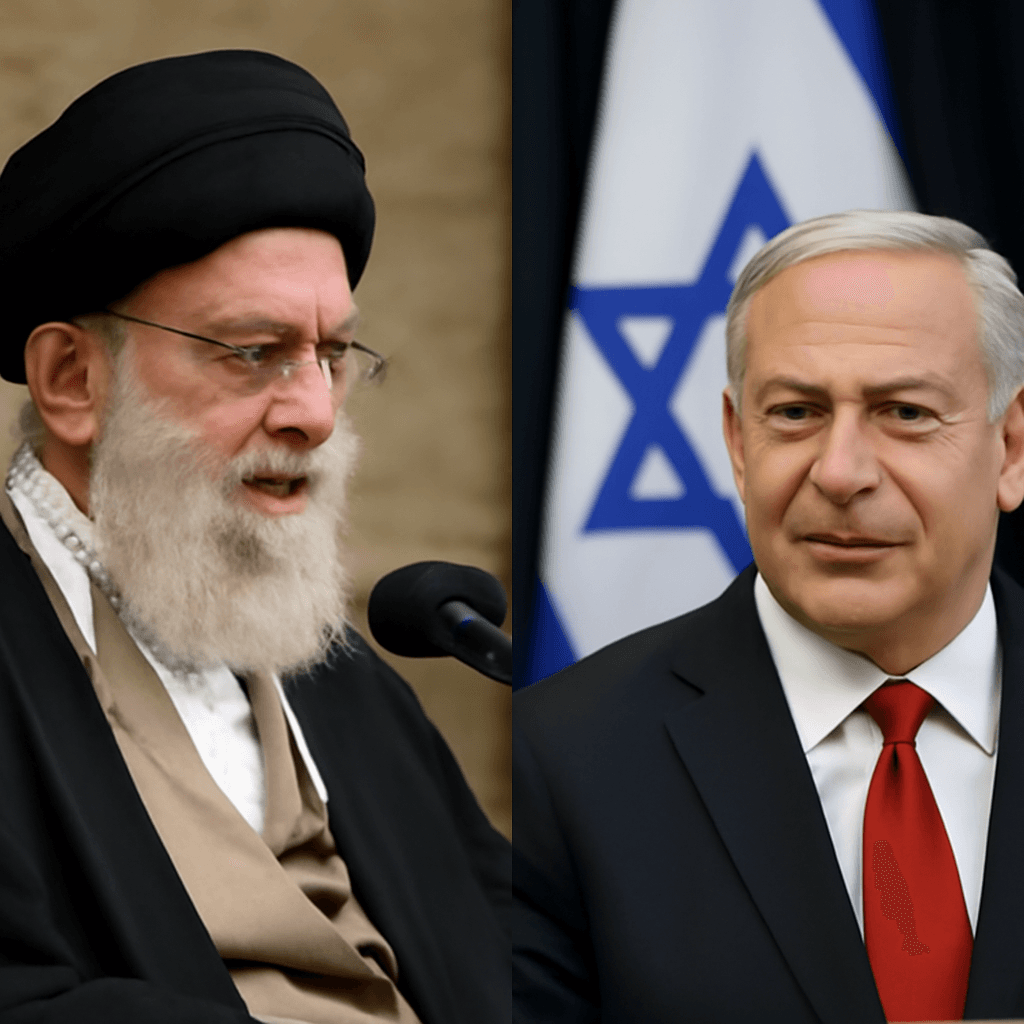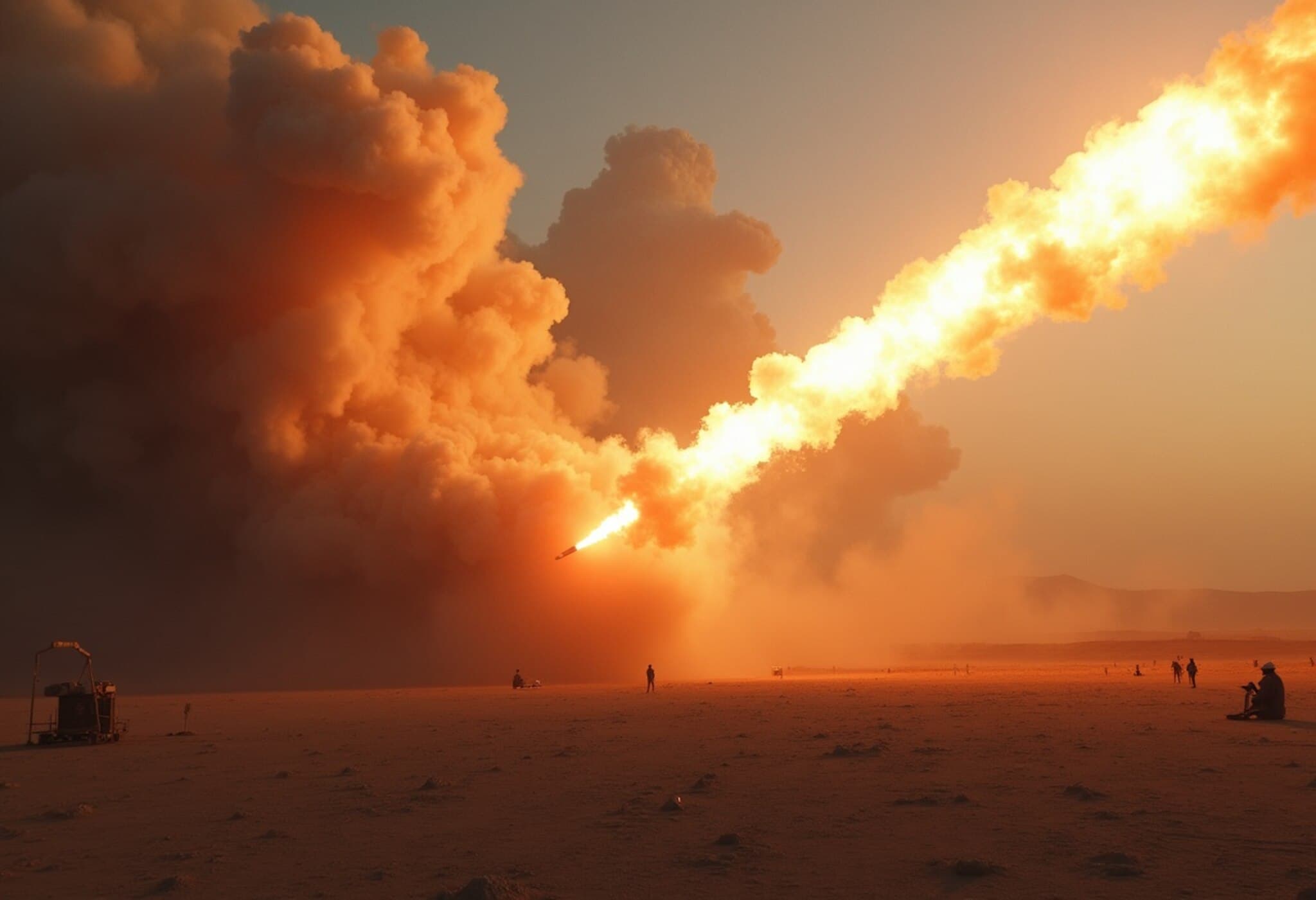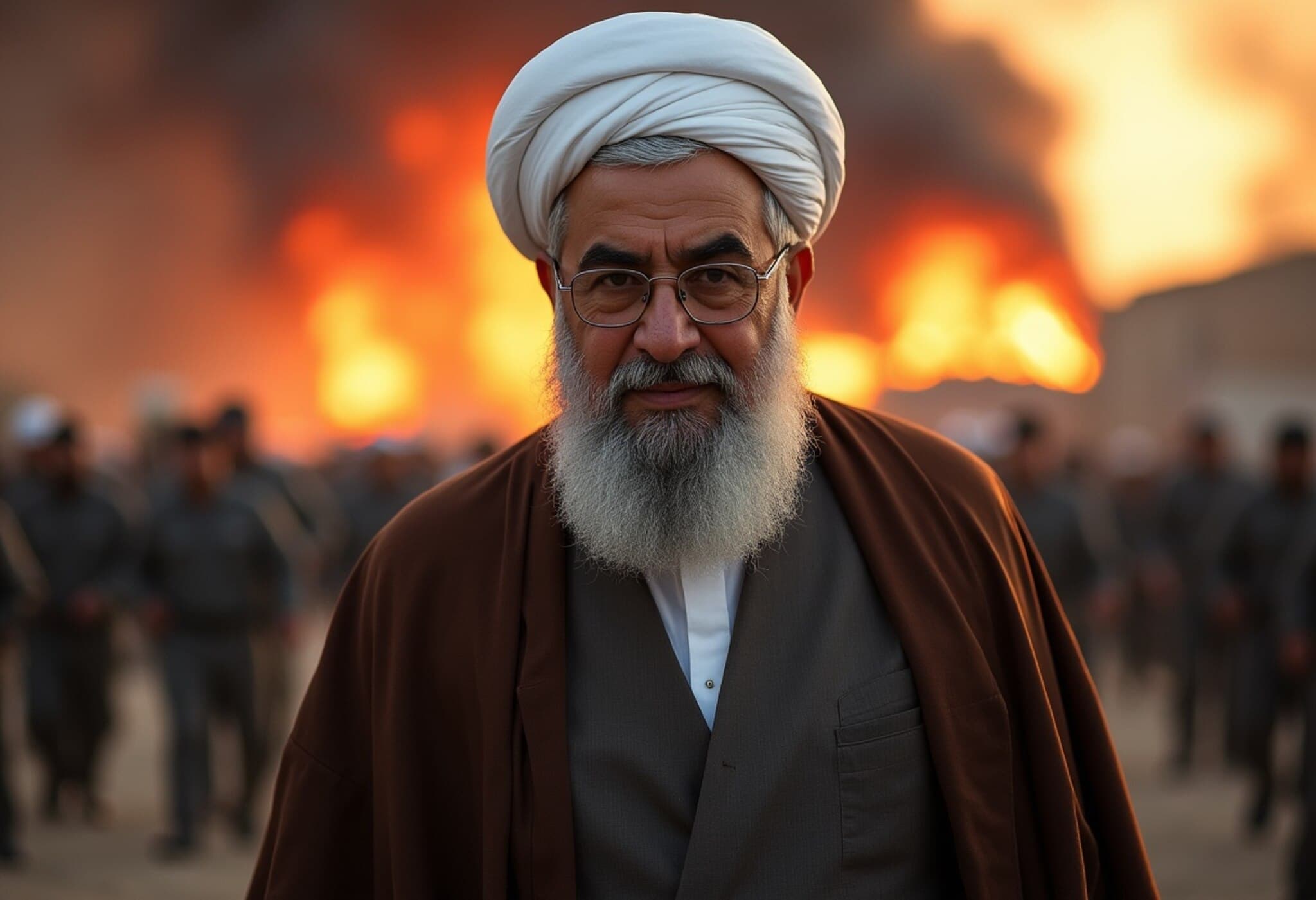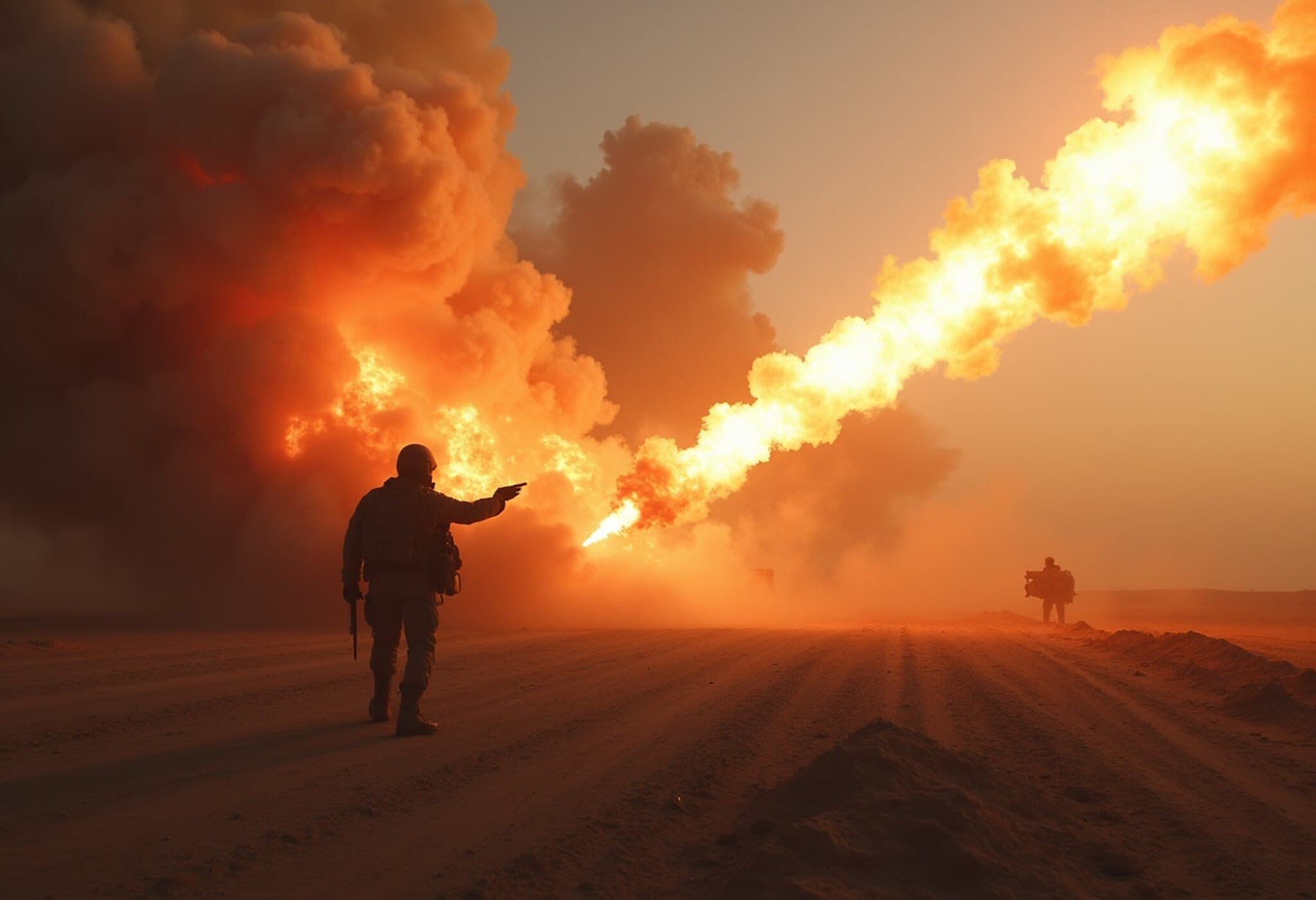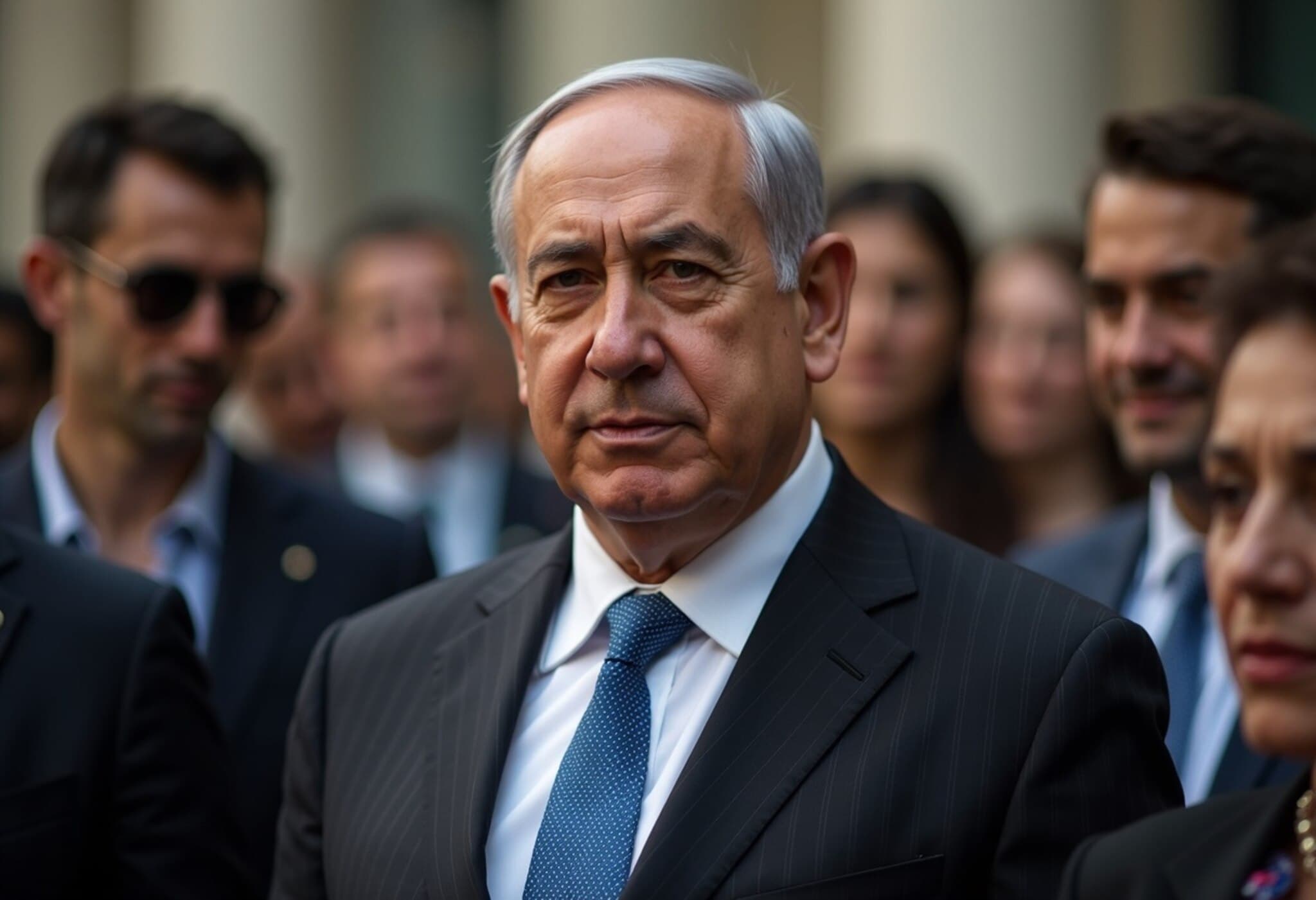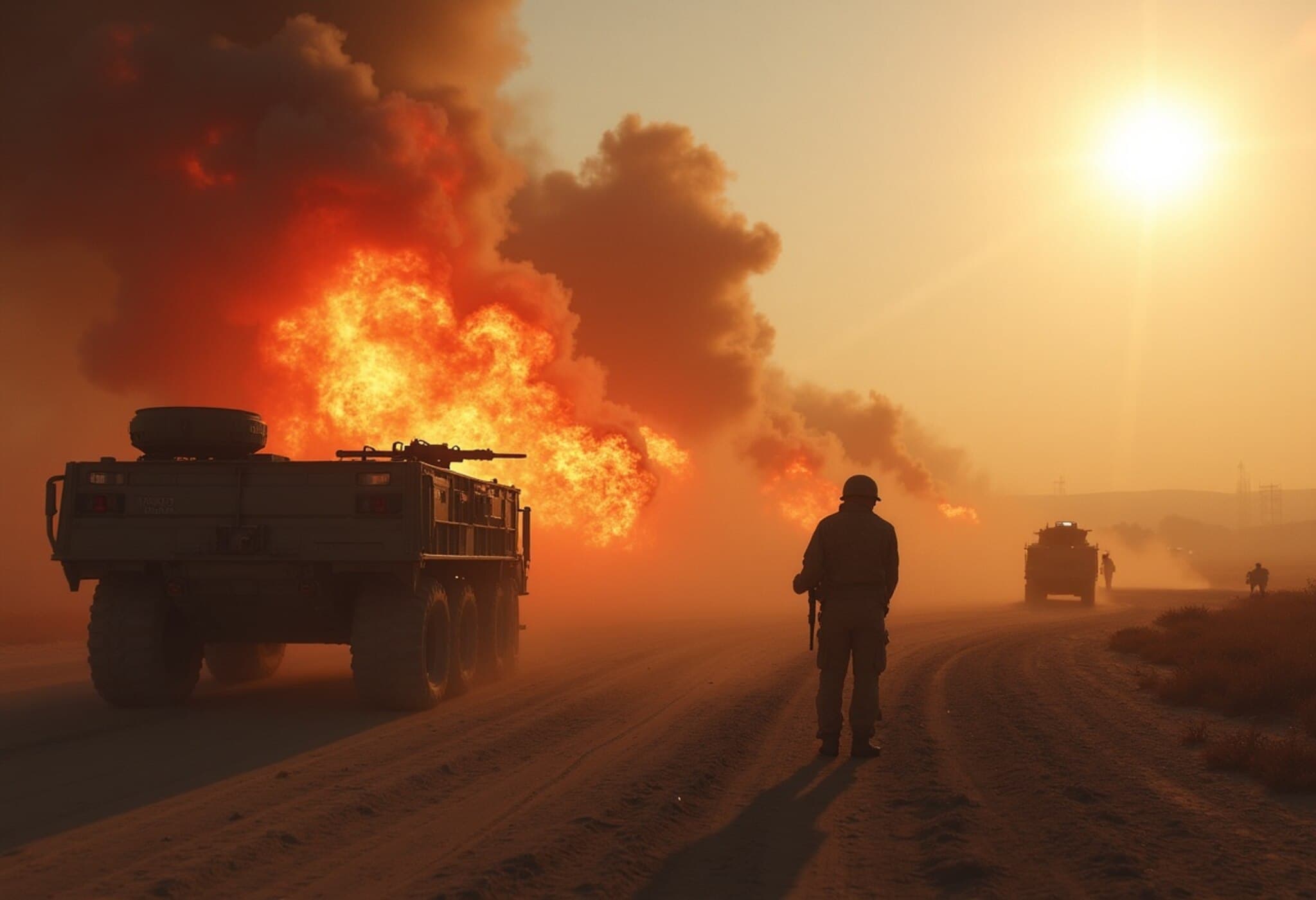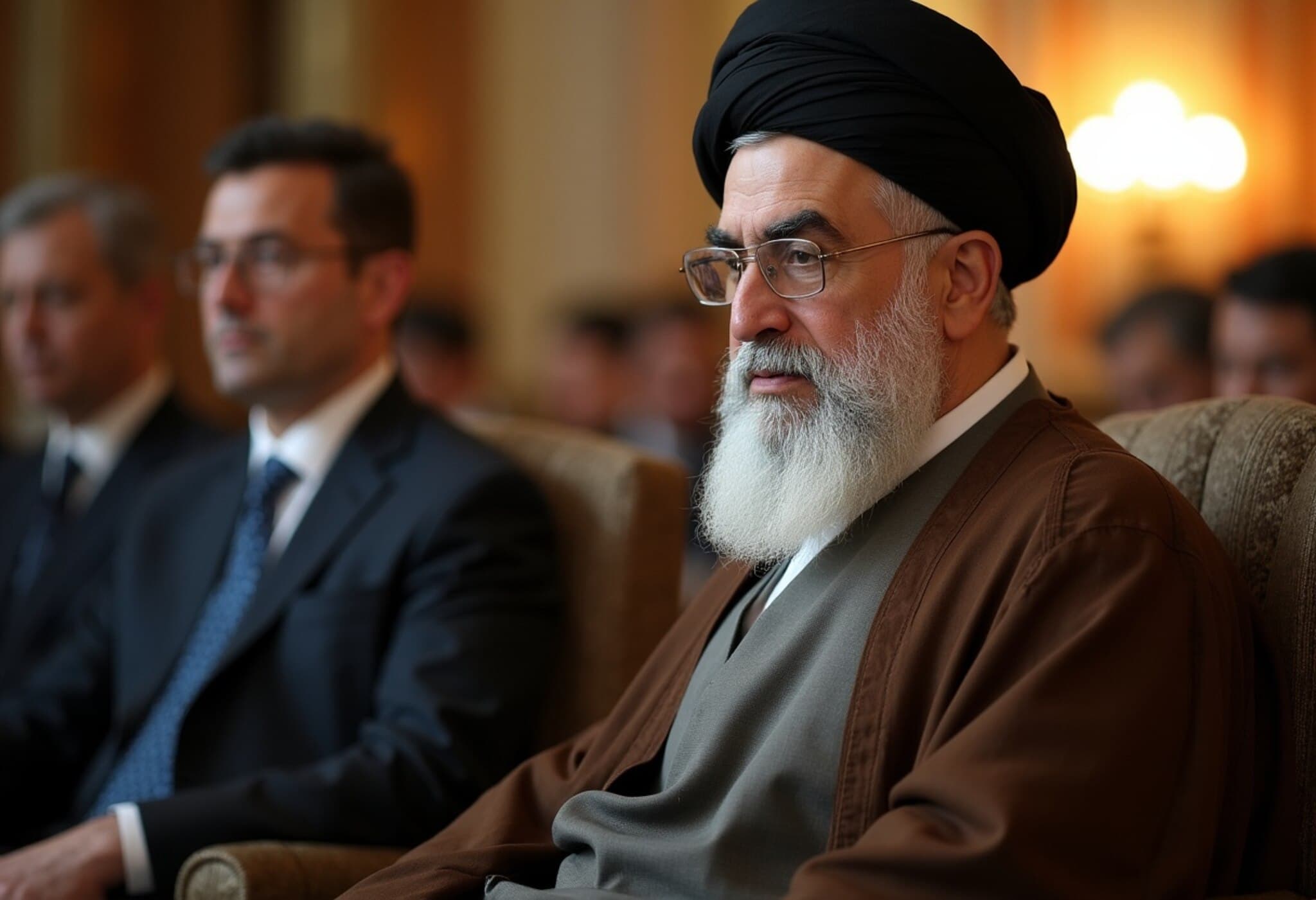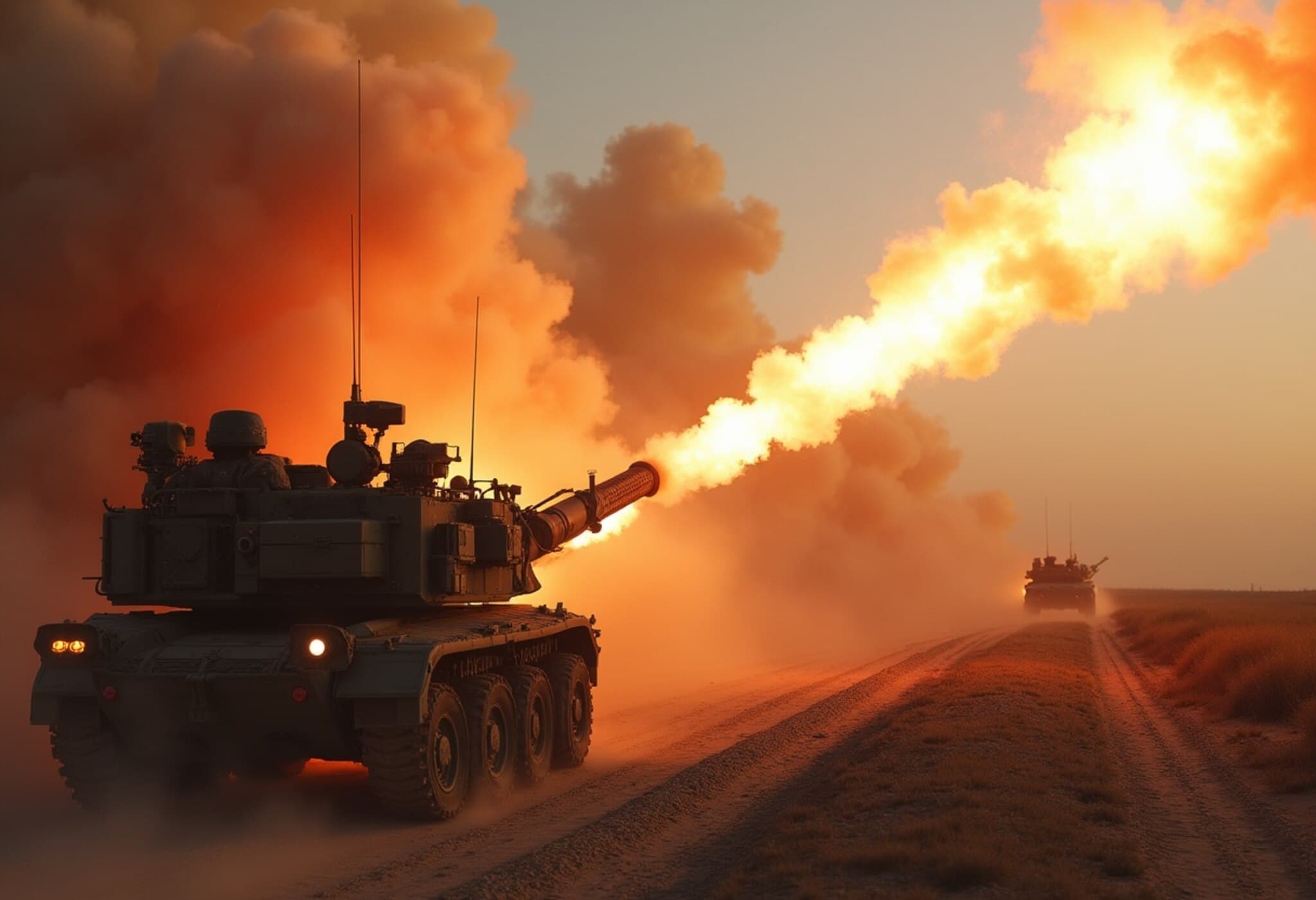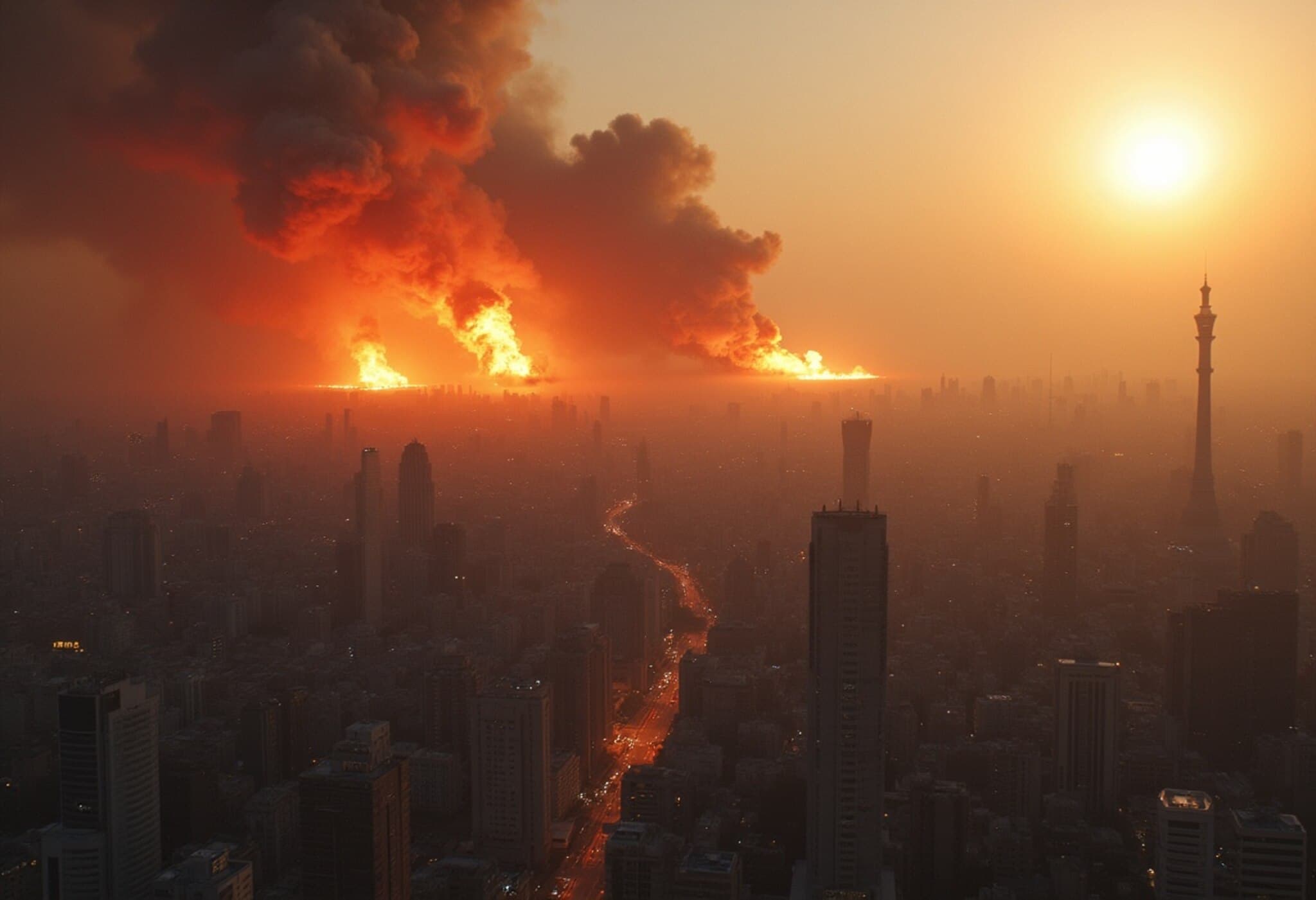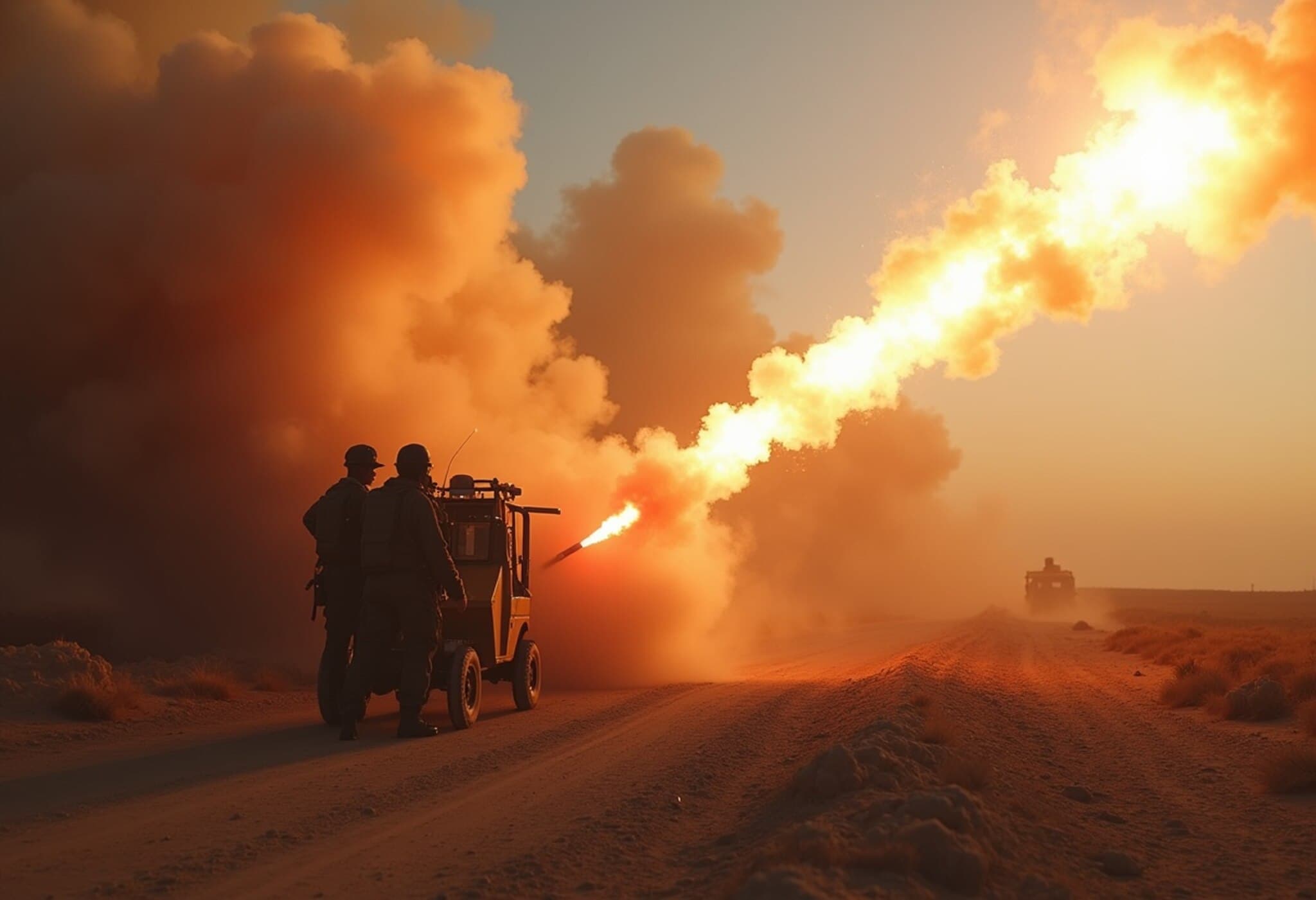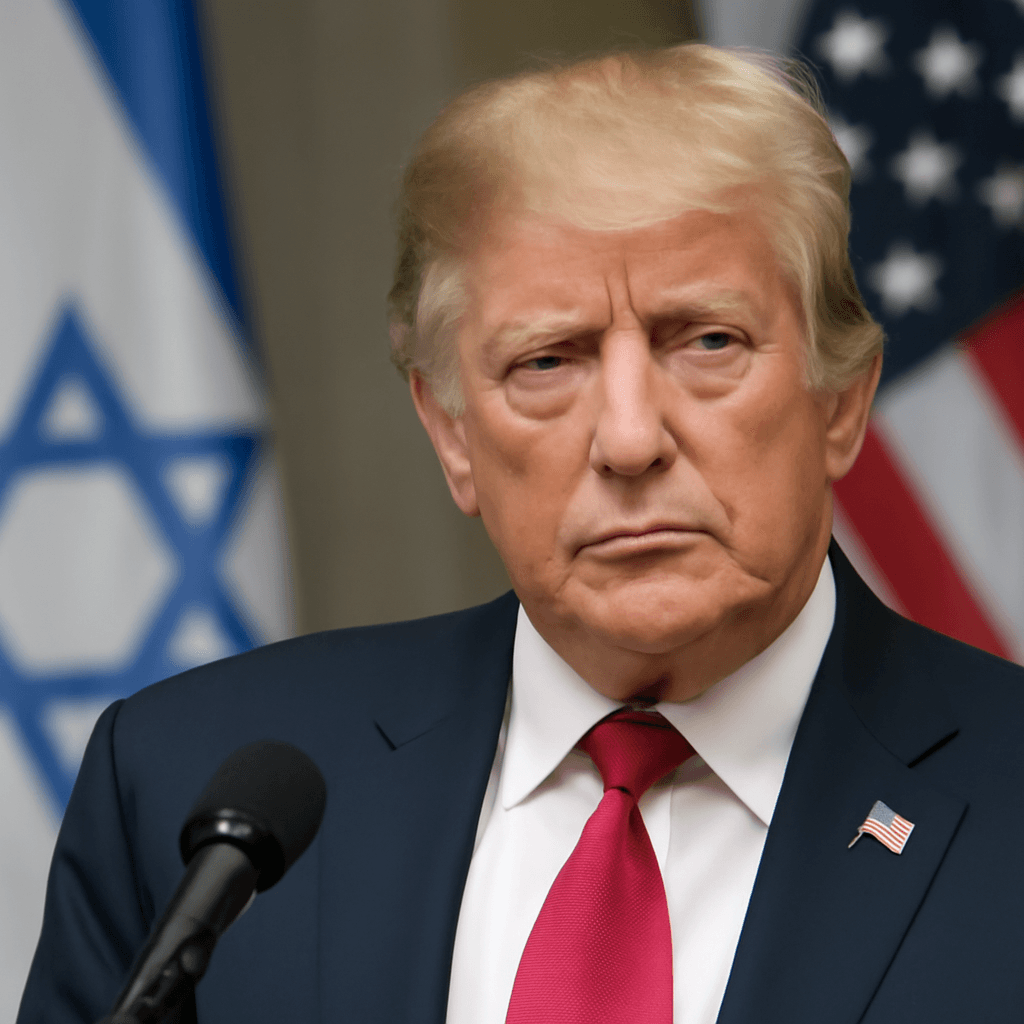Iran and Israel Locked in Escalating Conflict
Amid soaring tensions, Iran's Supreme Leader Ayatollah Ali Khamenei has declared fierce retaliation against Israel following recent Israeli strikes on Iranian nuclear and military facilities. These developments mark a sharp intensification in hostilities, with both sides launching missile barrages and exchanging provocative rhetoric.
Khamenei’s Stern Warning and Military Resolve
In a fiery recorded message, Khamenei condemned Israel's actions as a "grave error" and vowed that Tehran would not allow these attacks to go unanswered. He emphasized Iran’s readiness to respond with full force, assuring his nation that the military and the public stand united against what he called the "evil Zionist regime."
He warned that Israel’s strike would “bring ruin” to the regime and assured that no mercy would be shown in Iran’s counterattacks. Khamenei stated, "Life will definitely become bitter for the Zionists," underscoring the seriousness of the impending Iranian response.
Operation Rising Lion: Israel’s Major Offensive
The recent escalation was triggered by Israel’s expansive military operation, codenamed Operation Rising Lion. Israeli forces conducted a coordinated strike involving airpower, drones, and targeted assassinations deep inside Iranian territory. Key targets included Iran’s nuclear sites, ballistic missile factories, and command centers. Several high-ranking Iranian military officials and nuclear scientists reportedly lost their lives during these assaults.
Prime Minister Benjamin Netanyahu highlighted the operation’s effectiveness in a public address, stating that Israel had dealt heavy blows to Iran’s military capabilities. He asserted that Iran “has never been weaker” and warned that further actions were underway. Netanyahu also reached out directly to Iranian citizens, criticizing the ruling regime and emphasizing that the offensive aims to protect Israel from existential threats.
Missile Barrages and Explosions Shake Israeli Cities
Iran responded swiftly and decisively, firing multiple ballistic missiles and drones targeting Israeli urban centers including Tel Aviv and Jerusalem. Explosions rattled these cities late into the night, as air raid sirens blared and residents scrambled for shelter. Some blasts were attributed to Israel’s air defense systems intercepting incoming missiles, but the intensity and frequency of the attacks elevated security concerns across the region.
Even after Netanyahu’s televised statement, Iran launched subsequent missile strikes, maintaining pressure on Israeli defenses and signaling a continuing cycle of retaliations.
Regional Implications and Threats Beyond Israel
Officials from both countries have made it clear the conflict could widen. Iranian authorities warned that future attacks will not only target Israel but will also strike any regional forces supporting Israel. This marks a stark escalation with the potential to destabilize the broader Middle East.
The situation remains highly volatile, with heightened alertness across Israel and throughout the region. Civilians continue to face risks as military engagements intensify, underscoring the profound human cost amid this persistent geopolitical rivalry.
The ongoing conflict between Iran and Israel underscores the fragile security landscape in the Middle East, where provocations and swift retaliations risk broader confrontation.

